Industrial tarps are heavy-duty, durable tarps that are designed to protect industrial material and equipment against dust, debris, harsh weather and other conditions. These tarps are typically made of materials like polyethylene or heavy-duty vinyl and are used in versatile situations, including construction sites, agricultural fields, transportation, medical facilities and more. Industrial tarps come in various shapes, sizes, and configurations to suit diverse requirements.
The benefits of using industrial tarps are often overlooked. These essential covers play a pivotal role in safeguarding equipment, materials, and personnel from various environmental conditions. Whether it’s protecting exposed structures from rain or safeguarding equipment from harsh sunlight, these versatile covers contribute to the durability and longevity of your industrial projects.
Here is a little guide for industrial tarps applications that explores various kinds of industrial tarps, their purposes and highlights their significance in modern-day operations.
Uses of Industrial Tarps Across Industries
Construction Industry
One of the primary applications of industrial traps is in construction. Industrial tarps serve as protective shields against adverse weather conditions such as rain, snow, and wind. They are employed to cover unfinished structures, equipment, and building materials, preventing water damage, corrosion, and degradation. One more use of industrial tarps is enclosing work zones to ensure safety compliance and debris control during demolition or renovation projects.
Agriculture and Farming
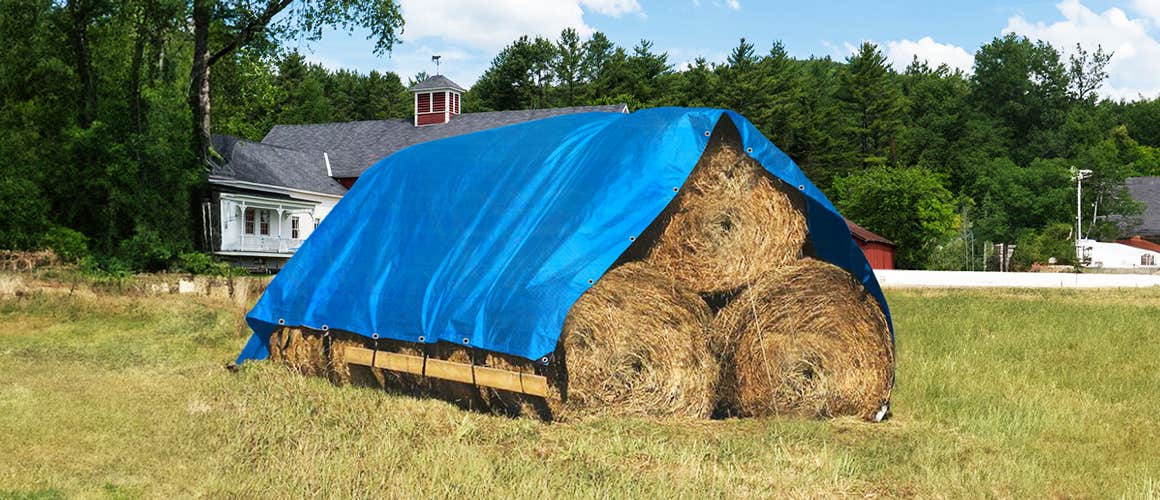
In agricultural settings, industrial tarps are used for numerous purposes and contribute to better crop cultivation and livestock management. Farmers utilize these tarps to cover crops, hay bales, and machinery, safeguarding them from excessive moisture, UV radiation, and pests. Moreover, tarps serve as temporary shelters for livestock, offering shade and protection from inclement weather and thereby help in ensuring animal welfare and increasing productivity.
Transportation and Logistics
The transportation and logistics sector extensively relies on industrial tarps for cargo protection and security. Flatbed trucks and trailers are equipped with tarps to shield goods and equipment from external elements during transit. Whether hauling construction materials, machinery, or agricultural produce, these tarps ensure the integrity and safety of transported items, minimizing the risk of damage or loss en route.
Manufacturing and Warehousing
Within manufacturing facilities and warehouses, industrial tarps play a crucial role in inventory management, equipment protection, and workspace organization. Tarps are utilized to cover raw materials, machinery, and finished goods, safeguarding them from dust, moisture, and other contaminants. Moreover, tarps serve as partitions or dividers, delineating designated areas within expansive warehouse spaces for efficient storage and workflow optimization.
Outdoor Events and Recreational Activities
From outdoor festivals to camping expeditions, industrial tarps are indispensable accessories that enhance comfort and safety in recreational settings. These durable covers are utilized as makeshift shelters, providing protection against sun exposure, rain showers, and inclement weather conditions. Whether as camping tents, picnic pavilions, or stage canopies, tarps offer versatile solutions for outdoor enthusiasts and event organizers alike.
Emergency Response and Disaster Relief
During emergency situations and natural disasters, industrial tarps emerge as vital resources for temporary shelter, infrastructure protection, and humanitarian aid. Relief agencies deploy tarps to establish emergency shelters, roofing replacements, and makeshift medical facilities in disaster-stricken areas. These versatile covers offer immediate relief and protection to displaced individuals and enable rapid recovery and reconstruction efforts.
Know Different Types of Tarps and Their Uses
When looking to purchase industrial tarps, it’s essential to consider factors such as size, material quality, and specific application requirements. Let’s check out some of the different types of tarps and their specific uses:
- Insulated Tarps: Ideal for temperature-sensitive materials and cold storage applications, insulated tarps provide thermal protection and energy efficiency.
- Concrete Blankets: Specifically designed for curing concrete, these tarps accelerate the curing process by retaining heat and moisture and ensure optimal strength and durability.
- Specialty Tarps: Specialty tarps cater to unique needs, such as flame-retardant tarps for fire safety, anti-static tarps for electronics protection, and UV-resistant tarps for prolonged outdoor exposure.
- Industrial Curtains: These versatile partitions offer privacy, noise reduction, and dust containment in industrial settings, enhancing efficiency and safety.
- Heavy-Duty Vinyl Tarps: Known for their superior strength and durability, heavy-duty vinyl tarps are suitable for demanding applications like construction, transportation, and manufacturing.
How to Select and Maintain Tarp?
To maximize the benefits of using industrial tarps, consider the following guidelines:
- Select the Right Type: Choose tarps that are specifically designed for your intended application, considering factors such as material strength, weather resistance, and size.
- Proper Installation: Ensure proper installation and security to prevent wind lift, sagging, or tearing. Use appropriate fasteners, ropes, or tie-downs as needed.
- Regular Maintenance: Inspect tarps regularly for signs of wear, damage, or degradation. Clean and store them properly when not in use to prolong their lifespan and effectiveness.
- Safety Precautions: Follow safety protocols when handling industrial tarps, especially in hazardous environments or high-risk areas. Also, train personnel on proper usage and handling procedures to prevent accidents or injuries.
Conclusion
Industrial tarps are indispensable assets in various industries, offering unmatched versatility, durability, and protection. Whether it’s shielding materials from the elements, securing cargo during transit, or creating temporary structures, these rugged coverings excel in diverse applications. By understanding their uses, benefits, and applications, you can learn what are the best uses of industrial tarps and optimize efficiency, safety, and productivity in your industrial operations.
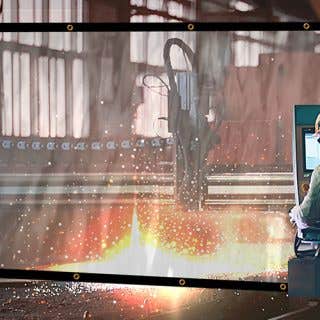


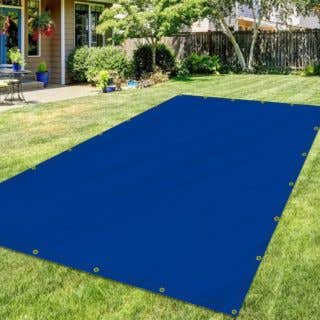



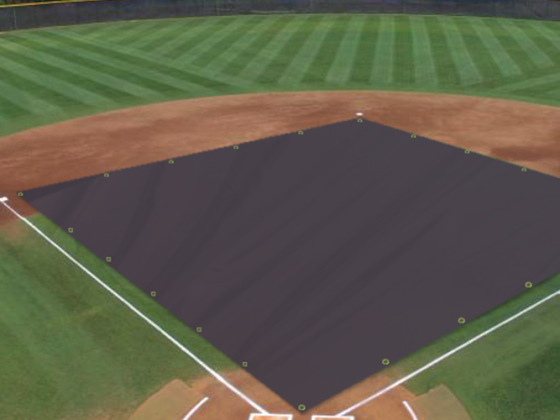
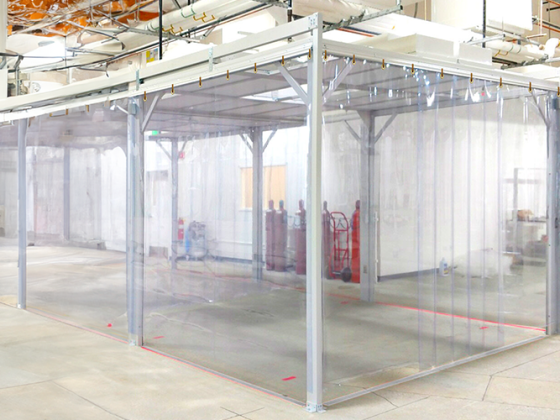
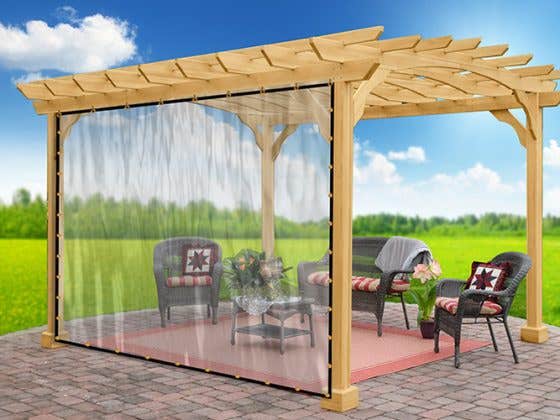
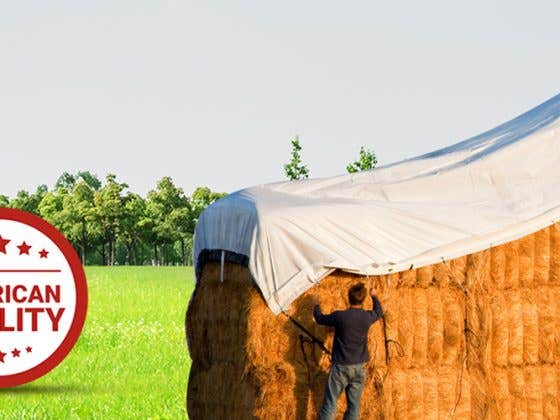
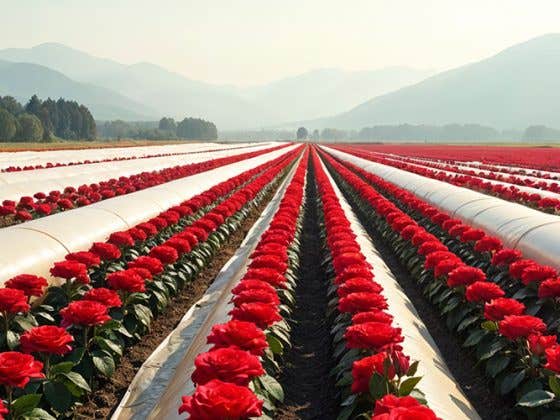
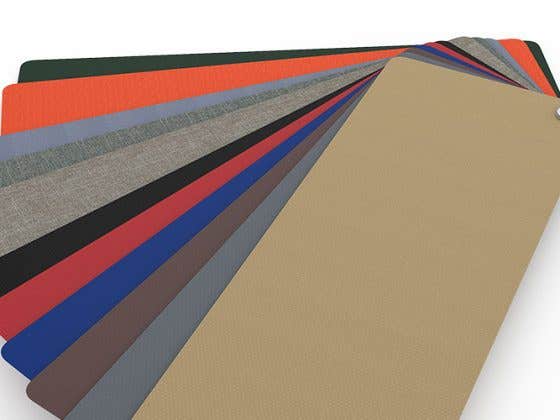
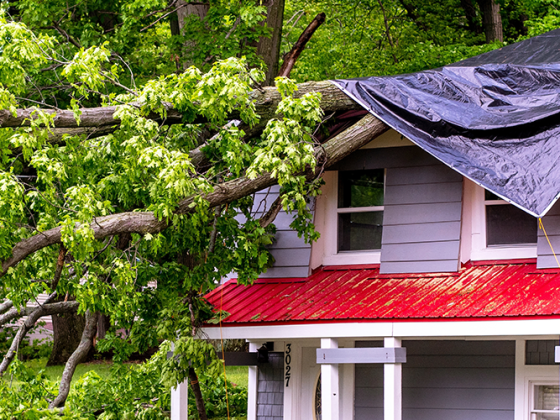

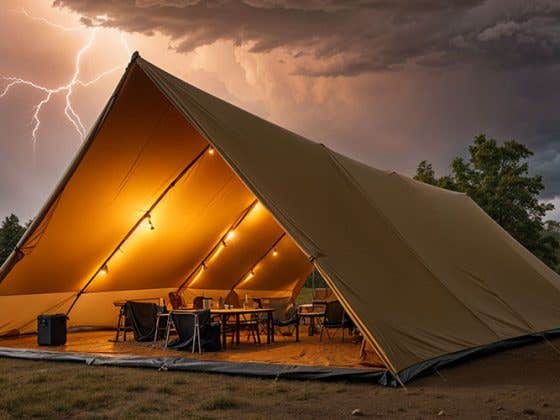
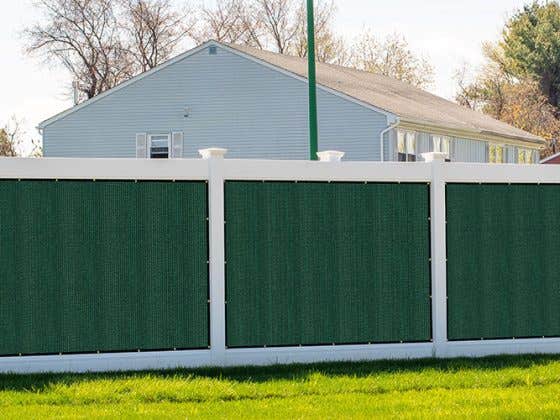
Recent Comments